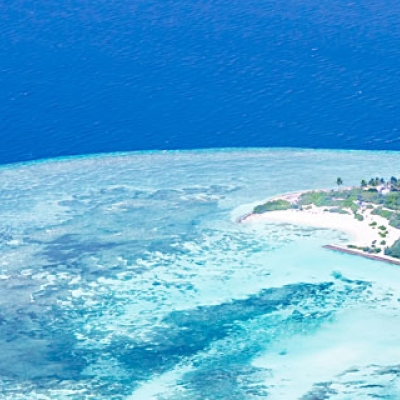
Getting to the Root of Recurring Water Conflicts
By Holly Doremus / On April 21st, 2009
The western United States is characterized by highly variable and seasonal rainfall patterns. To deal with the constant threat of drought, the West relies on intensively managed water systems. Today, those systems face two challenges that were not anticipated when they were developed decades ago: increased demands that water be left in streams to sustain aquatic systems; and global climate change, which will decrease snowfall, leaving less water for farms and cities. The inevitable result is heightened conflicts over water allocation.



